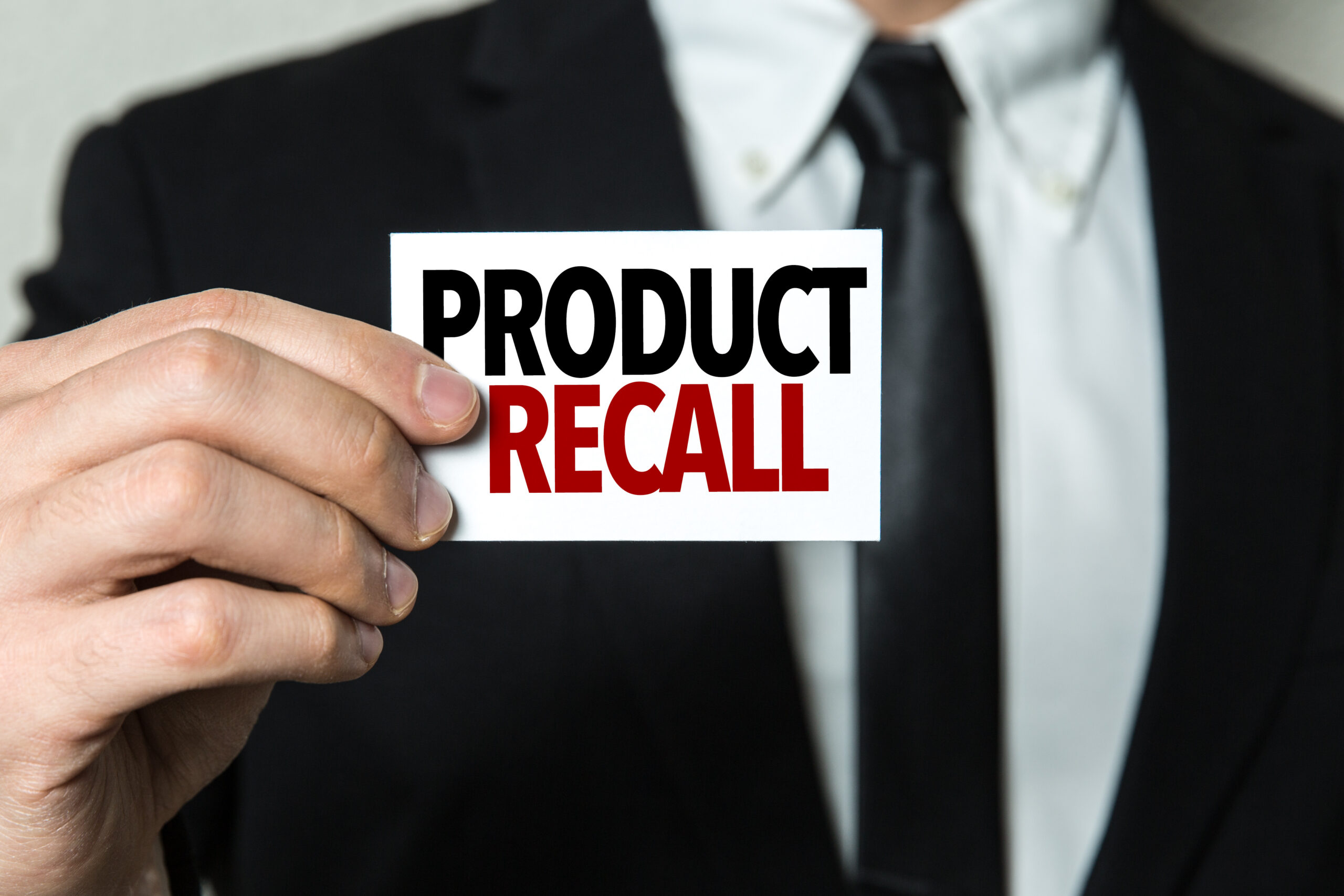5-minute read
In the wake of Peloton's recent recall of 2.2 million exercise bikes due to safety concerns, the spotlight is once again on the critical role of product recall insurance in protecting companies against the financial fallout from such crises.
The U.S. Consumer Product Safety Commission warned of significant injury risks, including falls and fractures, associated with faulty seat posts on Peloton PL01 models that can break during use. Peloton has already received 35 reports of such incidents, which include a fractured wrist, lacerations, and bruises.
The safety commission said consumers should immediately stop using the recalled exercise bikes and contact Peloton for a free repair. Peloton is offering consumers a free seat post that can be self-installed.

The Peloton case is a good reminder that no matter how stringent the quality control processes, product defects can still slip through, leading to costly recalls. These can significantly impact a company's financial health, reputation, and market value. Following the announcement of the recall, Peloton's stock dropped more than 7%. It's in moments like these that product recall insurance can be a lifesaver for businesses.
Product recall insurance is designed to help companies manage the costs associated with a recall. These costs can be enormous and include not only the direct expenses of retrieving and replacing the defective product, but also indirect costs such as public relations campaigns to repair brand image and potential lawsuits from injured customers.
This is not the first time Peloton has had to navigate the choppy waters of a product recall. In May 2021, the fitness company was forced to recall 125,000 of its Tread+ treadmills following a child's death and other incidents. Dealing with two major recalls in a span of two years can strain even the most robust of businesses.
While product recall insurance doesn't prevent recalls from happening, it can significantly mitigate the financial damage. It can cover a range of costs, from product destruction and replacement, loss of profits, extra expenses for crisis management and customer notification, to third-party financial losses. It can also cover costs related to legal defense, should the recall lead to litigation.
Moreover, many insurers now offer crisis management services as part of their coverage. These services can help companies navigate through the recall process, manage communication with customers and stakeholders, and take steps to restore their brand's reputation.
Product Recall Insurance: An Essential Safety Net for a Broad Range of Businesses
Product recall insurance can be an essential safety net for a wide variety of businesses, not just those in the fitness equipment business. Here are a few categories of companies that should seriously consider investing in this type of coverage:
Manufacturing Companies: Businesses that manufacture consumer goods, especially those in the food, beverage, pharmaceutical, automotive, and electronics industries, are prime candidates for product recall insurance. These sectors often face rigorous safety regulations and standards, making them vulnerable to product recalls.
Retailers and Distributors: These businesses might not manufacture the products they sell, but they can still be held accountable if they distribute a product that turns out to be faulty or unsafe.
Importers and Exporters: Companies that import or export goods are exposed to recall risks. They can be held responsible if a product they've brought into a country is found to be defective or hazardous.
Children's Products Companies: Businesses that manufacture, distribute, or sell products intended for children should seriously consider product recall insurance. These products are often subject to strict safety regulations, and potential harm to children can lead to substantial legal and reputational damage.
Pet Food Manufacturers: The pet food industry has seen its share of product recalls over the years due to contamination or other safety issues. Companies in this sector could benefit from the protection offered by product recall insurance.
Cosmetics and Personal Care Product Companies: These industries can also be subject to recalls, whether due to harmful ingredients, contamination, or mislabeling.
In sum, any business that produces, distributes, or sells physical goods should consider product recall insurance as part of their risk management strategy. The cost of such insurance is often dwarfed by the potentially crippling financial and reputational damage a product recall can cause.
The Mahoney Group, based in Mesa, Ariz., is one of the largest independent insurance and employee benefits brokerages in the U.S. An employee-owned organization, we’ve been providing our clients with the confidence to face whatever lies ahead for more than 100 years. For more information, contact us online or call 877-440-3304.
This article is not intended to be exhaustive, nor should any discussion or opinions be construed as legal advice. Readers should contact legal counsel or an insurance professional for appropriate advice.
